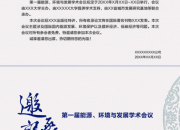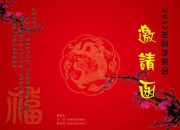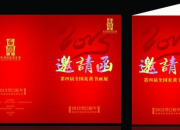卡特在北大演讲稿原文
时间:2021-08-31卡特在北大演讲稿原文
It is a special pleasure for me to return to China and to visit this great university, which is a powerful center that brings together some of China’s brightest minds for progressive economic, political, and social thought.
It was here that the May 4th movement began among students in 1919, partially as a reaction against the decision at the Paris peace talks to transfer the former German concessions in Shantung province to Japan, instead of returning them to Chinese control. Chinese intellectuals wanted to strengthen their country and decided that China needed both science and democracy. What this mean was unclear, and the movement produced differing answers. Idealistic ambitions were soon drowned in the civil war, the war of resistance against Japan, and the follow fervent revolution.
Debates concerning the definition of democracy have continued to this day.
I first came to your country in April 1949 as a young submarine officer to participate in naval exercises off the coast of your most important seaports. It was obvious then that the days of the Nationalist regime were numbered. Chiang Kai-shek left the mainland only a few months later, and the People’s Republic of China was founded on Oct. 1, which happened to be my 25th birthday.
During 1978, I conducted intense negotiations with Vice-Premier Deng Xiaoping, and we announced that full diplomatic relations would be established between our two nations on the first day of 1979. his was one of the wisest decisions I made during my time in the White House, and it has brought benefits to the people of China, the United States, and to others who value the maintenance of peace and stability in this region of the world.
On my several visits here during the past 22 years, I have enjoyed hours of discussion with Deng Xiaoping and his successors and have had an opportunity to visit many regions of your country to witness its economic progress and its dramatic moves toward a more open society. More freedom of worship, the movement of your people, the rights of free enterprise, and China’s increasing involvement in the World Trade Organization and other international organizations have been very gratifying to me.











